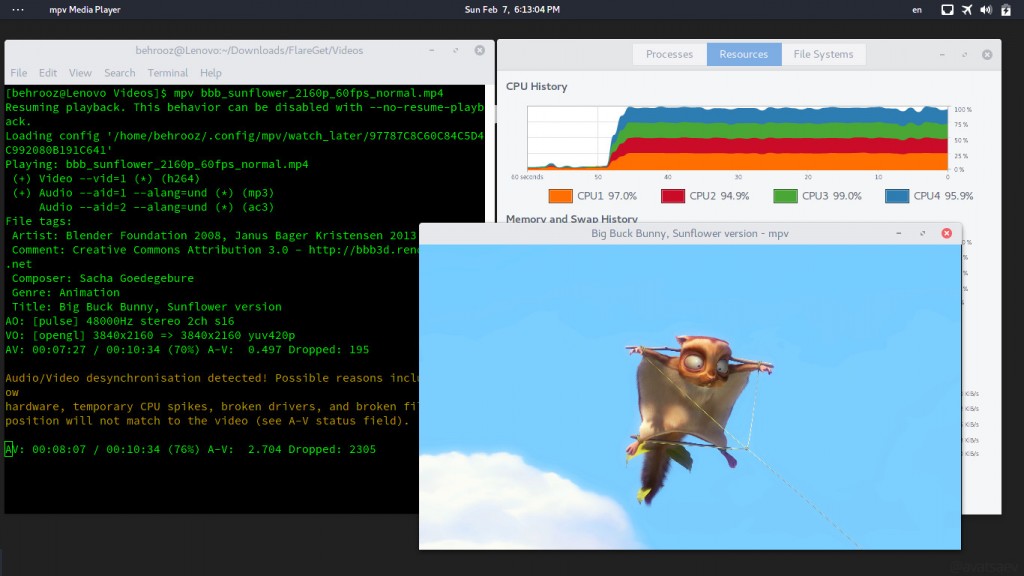Api 613 Latest Edition Of Java
Lukas Jagos 2015-05-04 09:37:13 CDT Hi, I have created plugin in NetBeans IDE. When I run it there, it works (imglib2-2.0.0.jar library is used). Mark Hiner 2015-05-04 12:07:57 CDT Hi Lukas, The problem comes from the return type: net.imglib2.view.Views.extendMirrorDouble(Lnet/imglib2/RandomAccessibleInterval;)Lnet/imglib2/ExtendedRandomAccessibleInterval Note the return value: net/imglib2/ExtendedRandomAccessibleInterval This class moved to net.imglib2.view.ExtendedRandomAccessibleInterval before the official 2.0.0 release1, so that's why you're getting the NoSuchMethodException. imglib2-2.0.0.jar library is used Given the dependency skew, it seems very likely that this jar is NOT the actual ImgLib2-2.0.0 release jar. In any case, you should update your plugin to use the same ImgLib2 release that is distributed with Fiji. The most robust way to do this is to use Maven2 to manage your dependency versions.
- The Amazon EMR release label, which determines the version of open-source application packages installed on the cluster. Release labels are in the form emr-x.x.x, where x.x.x is an Amazon EMR release version such as emr-5.14.0.
- The American Petroleum Institute (API) is the only national trade association that represents all aspects of America’s oil and natural gas industry. Our more than 600 corporate members, from the largest major oil company to the smallest of independents, come from all segments of the industry.
These requirements include basic design, materials, fabrication, inspection testing, and preparation for shipment. It also covers the related lube oil systems, instrumentation, control systems, and auxiliary equipment. It is not applicable to general-purpose steam turbines, which are covered in API 611.
If you convert your plugin to a Maven project and extend the latest pom-fiji3 you are guaranteed to see the same version of all dependencies that ship with Fiji. A good starting point for your own pom would be to look at other Fiji plugins, like Stitching4, that also use ImgLib2. I'm going to close this issue since it's not truly a bug, but you are welcome to reply with any questions you may have. The mailing lists and chat5 are also good resources for getting development help. Thank you for taking the time to contact us! Best, Mark 1 2 3 4 5.

Contents -Introduction These release notes introduce the Java Card specifications for the Java Card Platform, Version 3.0.1. Versions 3.0 and 3.0.1 are, together, referred to as the Java Card 3 Platform. The Java Card 3 Platform consists of two editions, both of which are backward compatible with previous versions, including support for classic applet applications, and share key security features:.
The Classic Edition is based on an evolution of the Java Card Platform, Version 2.2.2 and targets resource-constrained devices that support applet-based applications. Bug fixes and clarifications against the Java Card v2.2.2 specifications and new security algorithms have been included. You may disregard the specifications for the Connected Edition if you are interested in the functionality found only in the Classic Edition. The Connected Edition features a significantly enhanced runtime environment and a new virtual machine. It targets less resource-constrained devices and includes new network-oriented features, such as support for web applications, including the Java Servlet APIs, and also support for applets with extended and advanced capabilities. An application written for or an implementation of the Connected Edition may use features found in the Classic Edition.
Therefore, you will need to use the specifications for both the Classic Edition and the Connected Edition. This specification describes the new virtual machine for the Connected Edition of the Java Card Platform. Supported Platforms The documents are accessible on any computer system with an unzip utility, Adobe Acrobat Reader (version 4.0 or later), and a CSS-compliant web browser. HTML can be viewed with any CSS-compliant browser software, such as:.
Netscape Communicator, version 5.0 or later. Mozilla, version 1.1 or later PDF files can be viewed in your web browser with an appropriate plugin or in Adobe® Acrobat Reader. Most recent browsers include the PDF reader plugin. If your browser does not, you can download the plugin from the browser vendor's web site or the Adobe web site. Installation Instructions Download and unzip the specifications bundle. The bundle unzips into the subdirectory javacardspecifications-301-RR, within which you will find the subdirectories classic/ and connected/. NOTE: The HTML versions of the specifications can be viewed in most browsers but do not render well in Mozilla Firefox 3.0.10.
Download The Latest Edition Of Java
Classic/ Subdirectory Within the classic/ subdirectory you will find the specifications as listed:. apiclassic - contains the Java Card API specification for the Classic Edition in Javadoc tool HTML format. This subdirectory also contains a PDF version (APIspecCLASSIC-301-RR.pdf) of those files.